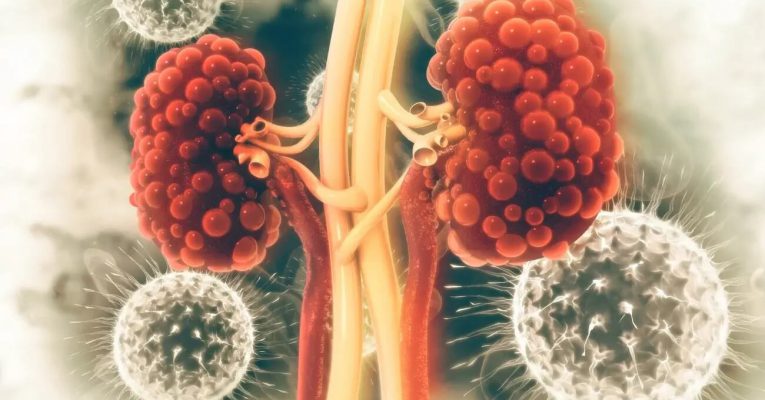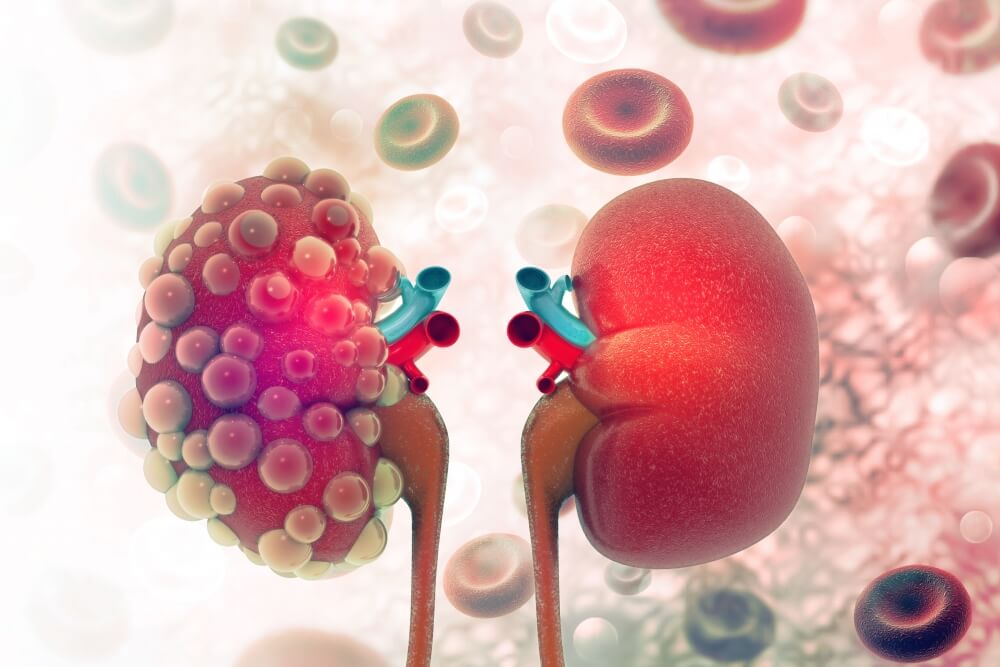Common infections after kidney transplantation
Some infections are common, especially in the first six months after a kidney transplant. These infections are one of the major causes of morbidity and mortality in kidney donors. However, there will be ways to prevent it: for example, taking medications or injecting certain vaccines. On the other hand, many of these infections will be treatable. However, if a person has other unfavorable underlying conditions - for example, diabetes, lung disease, or kidney disease such as polycystic kidneys- the treatment will be a bit more complicated. But which of the following infections is most common after transplantation?
One of the most common infections in these patients, affecting one in three kidney recipients, is urinary tract infections, especially if the renal failure is primarily due to reflux nephropathy or diabetes. Treatment of this infection is usually simple and by prescribing antibiotics, but if recurrent or severe cases are seen, there is a need for longer treatment with higher doses of antibiotics. Women are more likely to get the disease.
-
Common cold and flu (INFLUENZA)
For some time after a kidney transplant - even up to a year - it is necessary for kidney recipients to stay away from people with colds or flu. Although these types of viral infections are simple, they can be dangerous for someone who has recently had a kidney transplant. One of the vaccines that will not be dangerous after receiving kidney surgery is the flu vaccine (or flu jab), which, of course, has special conditions for its use. We will deal with it later in this article.
Although this infection is not that common after kidney transplant surgery, many doctors prescribe medications to prevent acute forms of that for up to six months after the surgery. The prescription is usually one tablet of cotrimoxazole (Septrin) daily. There is also a vaccine called pneumococcus to prevent this infection, which is recommended for people with a history of kidney transplantation to receive it once.
-
CYTOMEGALOVIRUS (CMV) infection
This viral infection is usually a mild infection that is similar to the flu when a person is not under treatment with immunosuppressive drugs. But in people who have had a kidney transplant, the disease has the potential to become an acute infection. In 8% of kidney recipients, this disease is observed and is relatively common. Risk factors include patients undergoing pancreas transplantation at the same time as
kidney transplantation, older donors (>60 years), or use of induction immunosuppression (T cell–depleting antibodies). Usually, blood tests are performed on the recipient and donor before the transplant. When the disease is present in the donor as "asleep" and the recipient does not have the necessary antibodies, there is a possibility of getting the infection. Usually, the medical team will prescribe preventative medications for several weeks after the transplant, including valaciclovir tablets. The risk of developing the disease and the onset of symptoms will usually increase within 4 to 6 weeks after the transplant (or whenever the patient stops taking preventative medication). Symptoms will include pain and fever. At this stage, a blood test should be taken from the patient to identify the virus. Mild cases of the disease can be treated by increasing the dose of preventive drugs, but in severe cases, a drug called ganciclovir will be needed. All in all, treatment of established CMV disease requires a multifactorial approach, including reduction of immunosuppressive agents, antiviral agents, and in some cases adjuvant therapy. This disease can increase the risk of organ rejection or death; therefore, it should be strictly considered and prevented.
-
EBV Infection and PTLD (Post-Transplant Lymphoproliferative Disorders)
Epstein-Barr virus (EBV), although less prevalent than CMV, is another important cause of increased post-transplant mortality because it is associated with the spread of post-transplant lymphoproliferative abnormalities (PTLDs). The disease is defined as a condition in which lymphoid proliferation occurs in transplant recipients. This proliferation may occur in various organs, including the transplanted organ. Lymphoproliferative abnormalities are much more common in children than in adults and usually occur several months to several years (in most cases three to seven months) after transplantation. However, kidney transplant patients are less likely to develop it than other organ recipients. The main manifestations of this disease would be seen in the head, neck, and mouth of organ recipients. There is generally no specific treatment for PTLD, but prevention of CMV is one of the most significant ways to prevent it. The general recommendation is that the EBV viral load should be monitored in the first week after transplantation, then monthly for the first 3 to 6 months, and then every three months until the end of the first year. In high-risk groups receiving acute treatment to prevent organ rejection, this monitoring should remain in place.





Comments & Questions